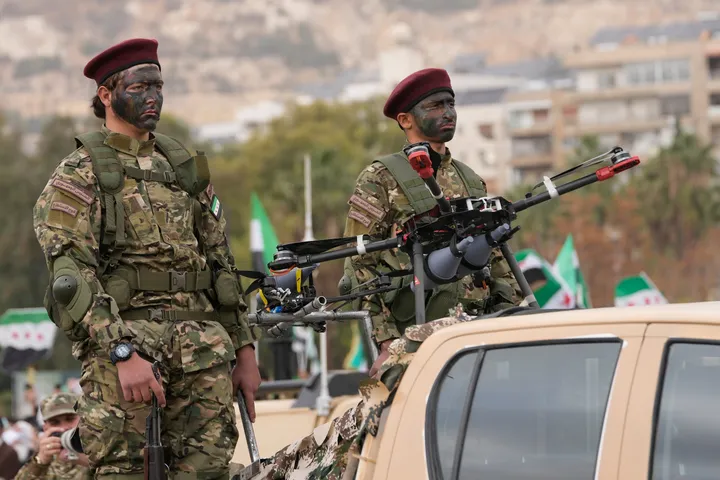The UN Security Council unanimously adopted a resolution on Wednesday that paves the way for the deployment of a five-nation African military force to fight militants in the Sahel region.
A French-drafted resolution won the full support of the 15-member council after France and the United States reached agreement on the measure, which welcomes the deployment but does not grant full UN authorisation to the 5,000-strong force.
Burkina Faso, Chad, Mali, Mauritania and Niger — which make up the so-called G5 — agreed in March to set up the special joint counter-terrorism operation and the African Union had sought UN backing for the force.
"We cannot let the Sahel become a new refuge for terrorist organisations of the whole world. In the Sahel, all of our security is at stake, not just the security of the ... five states," said French UN Ambassador Francois Delattre.
The United States had opposed UN authorisation, arguing that it was not legally necessary because the troops will be operating on the territory of the five countries, and argued that the mandate was too broad.
After two weeks of negotiations, France dropped the request for formal UN authorisation and for a special UN report on financing for the force.
The resolution "welcomes the deployment" of the G5 force "with a view to restoring peace and security in the Sahel region" and drops a provision that invoked chapter 7 of the UN charter, which authorises the use of force.
TRT World's Fidelis Mbah has more on the story.
Headquartered in Mali
The G5 force will have its headquarters in Mali, but will be under a separate command from the UN peacekeeping force MINUSMA and work in coordination with France's own 4,000-strong military presence in the region, known as Barkhane.
France carried out a military intervention in Mali in 2013 to drive out militant groups, some of which were linked to Al Qaeda, which had seized key cities in the country's north.
Although the militants have been largely ousted from the north, some groups continue to mount attacks on civilians and UN forces in violence that has engulfed parts of central Mali.
Five people died in an attack Sunday on a resort near Mali's capital that was claimed by an Al Qaeda-linked militant alliance, the latest to shake the region.
























